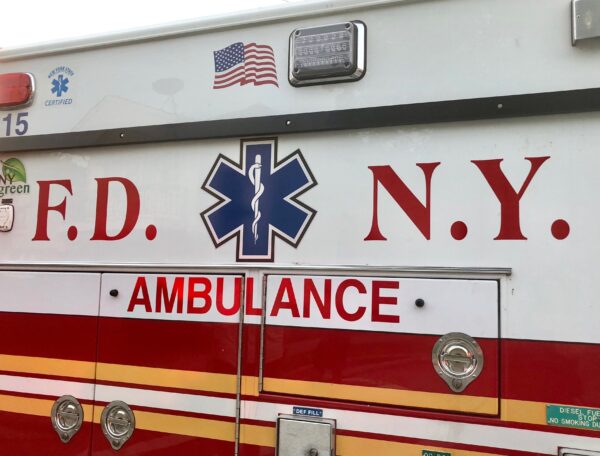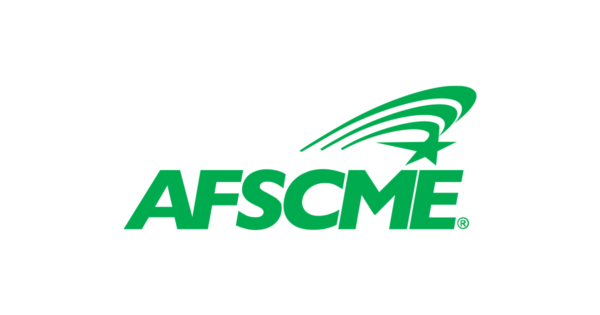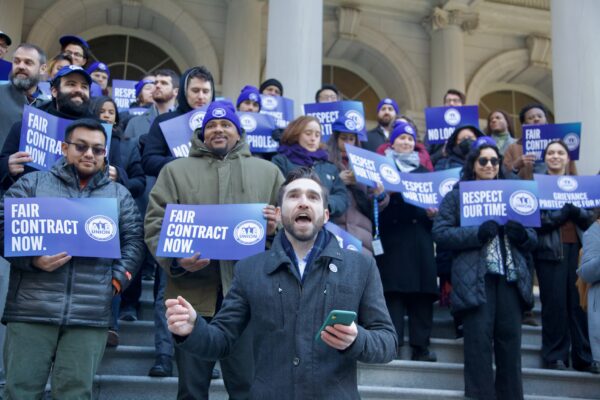April 26, 2012
By Ed Koch
On April 14th The New York Times published an editorial discussing the efforts and direction of a newly-formed committee, “New York Leadership for Accountable Government”. The Times praises the committee’s efforts to bring public financing to New York State elections for the Assembly and Senate. The editorial also praises the public financing legislation in effect in New York City. The editorial states, “There is no mystery about what New York State needs [referring to public financing of political campaigns]: do it like New York City.”
The legislation referred to was enacted by the City Council at my request, and has been in effect since 1988. I thought I would provide interesting background on how it came about.
I served in the U.S. Congress for nine years – 1969 through 1977. On January 1, 1978, I left to become Mayor of New York City. During my service in Congress in 1974, I was a member of the House Administration Committee, chaired by Wayne Hayes. Also on the committee was John Brademas, then Congressman from Indiana, now President Emeritus of New York University, who proposed that the committee consider legislation to provide public financing for the election of President and Vice President and also for those running for Congress. The committee adopted a bill that provided public financing for President and Vice President, but declined to do so for Congressional races. Brademas and several other members of the committee, including me, supported public financing for candidates for Congress, but we were heavily outvoted.
In 1987, I urged the New York state legislature to allow the City of New York to adopt public financing. The Democratic Assembly adopted the bill; the Republican Senate refused to vote for it, ending at the time efforts to obtain public financing for New York City. I believed the issue was dead because New York City in the opinion of many not having “home rule,” could not on it s own enact such legislation. The commonly-held belief was that all important issues that the city wanted to address by legislation required the state legislature to enact the legislation or pass a law allowing the city to adopt legislation in the City Council.
However, the then Corporation Counsel, Peter Zimroth, concluded that if the legislation was not mandatory, but voluntary, meaning only those who agreed to be bound by the limits on contributions to candidates and the limits on campaign spending would be affected, the City Council could adopt the legislation without prior approval of the state legislature.
A bill providing for public financing was introduced into the City Council “at the request of the Mayor.” It still would have all come to naught but for the fact that I asked Peter Vallone, then Speaker of the Council, to join me in supporting the legislation. He readily agreed to, and with his enormous leadership ability, persuaded the Council to enact the legislation.
The fourth person responsible for making this legislation “the best in the country” was Father Joe O’Hare, appointed as the director of the new agency the New York City Campaign Finance Board that has administered the law since 1988.
I have been asked to serve on the just-formed committee, New York Leadership for Accountable Government, created by members of the business community, themselves contributors to campaigns for public office who have participated in national and state elections. They, like so many other Americans, have become distressed that our political system in states like New York have allowed wealth – contributions to candidates which vary in different states — to become an overwhelming factor in national and state campaigns. As a result of two U.S. Supreme Court decisions, Valeo v. Buckley and Citizens United v. Federal Election Commission, we have a situation where there is now no limit on how much candidates can spend using their own money; and how much unions, corporations and individuals can spend operating campaign committees, now referred to as “super committees,” supporting candidates but maintaining an independent role by not conferring with a candidate on commercials supporting that candidate or attacking the opponent.
In New York State as former Senator Russ Feingold, Democrat from Wisconsin, wrote in an op ed on April 19th, “Currently, New York has contribution limits to statewide candidates of $41,100 for general elections and $19,700 for primary contests. On top of that, donors are allowed to make unlimited contributions to political parties’ so-called housekeeping funds. The system, awash in the influence of big donors, is crying out for reform.” I agree with him in that analysis.
When the New York Leadership for Accountable Government committee meets, I will provide it with all my energy and experience to help bring to the state of New York what New York City has already adopted. My advice is that the committee ask Peter Vallone and Peter Zimroth with their experience and knowledge to join the committee, the members having already enlisted Father O’Hare to serve.
The committee should know that while it would be very helpful to have limits on campaign contributions and expenditures in New York State and elsewhere, as a result of the U.S. Supreme Court decisions in this area of election spending limitations, a program of limitations cannot be imposed on anyone. Those covered and bound by any such laws must voluntarily agree to be bound.
Indeed, in the national elections scheduled for November 2012, President Obama has declared he will not be participating in the federal public financing program and intends to raise and spend at least a billion dollars in the 2012 presidential election. The Republican candidate, Mitt Romney, likewise will not participate; so spending for them and their successors will in all likelihood grow with each passing election and billions will be spent in the upcoming presidential election.
There is a way to deal with this situation. Senator Tom Udall of Arizona has introduced a constitutional amendment that, if passed by the Congress by a two-thirds majority in both Houses and then ratified by three-quarters of the states, would permit the federal government, states and municipalities to limit contributions to candidates and also limit campaign expenditures. Most important, it would not require acceptance of the limitations by candidates, but if adopted by the federal government or a state or municipality, could be mandatory and binding on all candidates participating in the election.
So, my advice to the members of the New York Leadership for Accountable Government committee is that we raise our sights and while moving as originally planned to get the New York state legislature to adopt a plan for public financing, that we also use our efforts to support nationally the adoption of the Udall amendment. Hopefully, others will do the same in the 49 other states.
Now a very personal note. All of this concerning the adoption of the campaign finance law took place in 1987 and 1988. That’s a long time ago and memories do fade. In preparing the commentary, I relied on my memory, checked old news reports published at the time and asked Peter Zimroth and others to read it for accuracy. Zimroth answered, “Your recollection is correct,” and then added, “Finally, a personal note. In the fight over the passage of the campaign finance law, I saw firsthand, and will never forget, the dedication and commitment of two great public servants – you and Peter Vallone. I was honored to be part of it.” Forgive me for quoting him, but I did feel very proud when I read the comment.



